In recent years, the landscape of software engineering has undergone a dramatic transformation, largely driven by advances in technology and shifts in workplace dynamics. One of the most notable changes is the rise of remote software engineering jobs, which have become increasingly prevalent due to the global pandemic and the advancements in communication and collaboration tools.
A significant driver of this shift is artificial intelligence (AI), which plays a crucial role in enhancing productivity, streamlining processes, and transforming the way software engineers work remotely. This article explores the multifaceted role of AI in remote software engineering jobs and highlights its benefits, challenges, and future prospects you can check Top 10 Companies Hiring Remote Software Engineers Right Now .
The Rise of Remote Software Engineering
Remote software engineering jobs have seen exponential growth, with companies recognizing the value of hiring talent from a global workforce. According to a report by Gartner, remote work is expected to stay relevant, with many organizations adopting hybrid working models even after the pandemic. Software engineering, by its nature, lends itself well to remote work since much of the work can be performed with a computer and an internet connection.
As companies pivot to remote operations, they increasingly rely on AI to facilitate workflows, improve communication, and manage projects. The integration of AI tools in software engineering not only enhances efficiency but also enables teams to collaborate seamlessly from different locations.
How AI Enhances Remote Software Engineering
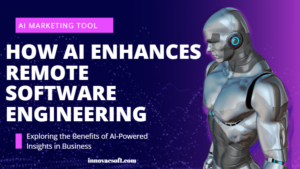
- Automated Code Review and Quality Assurance
One of the most impactful applications of AI in software engineering is the automation of code review processes and quality assurance. AI-powered tools can analyze codebases for errors, bugs, and security vulnerabilities much faster and more accurately than human reviewers. This automation accelerates development cycles and ensures higher code quality, allowing engineers to focus on more complex tasks.
Example Tools:
- Improved Communication and Collaboration
In a remote environment, clear communication is vital for project success. AI tools can facilitate better collaboration among distributed teams by providing intelligent chatbots and virtual assistants that can answer queries, schedule meetings, and manage project timelines.
Example Tools:
These tools help create a more connected work environment, reducing misunderstandings and ensuring that everyone is on the same page.
- Project Management and Task Allocation
AI-driven project management tools can analyze workloads, predict project timelines, and allocate tasks based on team members’ skills and availability. This not only optimizes resource management but also enhances overall efficiency.
Example Tools:
By leveraging AI for project management, remote teams can minimize delays and stay organized, thereby improving productivity.
- Data-Driven Insights and Decision-Making
AI algorithms can process vast amounts of data to provide actionable insights and predictive analytics. In remote software engineering, this can help teams make informed decisions regarding feature prioritization, resource allocation, and risk management.
Example Tools:
Data-driven decision-making leads to more effective planning and execution, ensuring that engineering teams can navigate complex challenges with confidence.
Challenges of Integrating AI in Remote Software Engineering
While AI presents numerous benefits for remote software engineering, integrating these technologies is not without its challenges. Here are some key hurdles that teams may face:
- Skill Gaps and Training Needs
The introduction of AI tools requires a certain level of expertise among team members. Organizations may need to invest in training programs to ensure that all engineers are equipped to utilize these technologies effectively. This investment in skills development may be a barrier for some companies, particularly startups with limited resources.
- Data Privacy and Security Concerns
With the increased use of AI comes the responsibility of handling data privacy and security issues. Organizations must ensure that they comply with regulations such as GDPR and CCPA while utilizing AI solutions. Moreover, the handling and storage of sensitive information require robust security measures to protect against data breaches.
- Resistance to Change
Introducing AI into established workflows can be met with resistance from team members who are accustomed to traditional methods. Change management strategies are essential to help teams embrace AI technologies and understand their value in enhancing productivity and efficiency.
Future Trends in AI and Remote Software Engineering
The future of remote software engineering jobs appears bright with the continued evolution of AI technologies. Here are some trends to watch for in the coming years:
- More Sophisticated AI Tools
As AI technology advances, we can expect to see more sophisticated tools that can perform increasingly complex tasks. From natural language processing applications that help in coding to advanced project management systems that can adapt to team workflows, the possibilities are vast.
- Integration with DevOps Practices
DevOps emphasizes collaboration and integration between software development and IT operations. AI will play a pivotal role in enhancing DevOps practices by automating repetitive tasks, optimizing performance, and improving deployment processes in remote environments.
- AI-Driven Recruitment and Talent Management
As companies expand their remote engineering teams, AI will increasingly be utilized for recruitment and talent management. AI-driven platforms can streamline the hiring process, enhance candidate matching, and aid in employee performance evaluations.
Conclusion
Artificial intelligence is undeniably reshaping the landscape of remote software engineering jobs. By automating tasks, facilitating communication, and providing data-driven insights, AI enables engineers to work more efficiently and collaboratively, breaking down geographical barriers. However, companies must navigate the challenges of integrating AI, prioritizing training, data security, and change management to fully reap the benefits.
As we look ahead, the evolution of AI will continue to redefine how software engineers work remotely, leading to new opportunities and innovations in this dynamic field. Organizations that embrace these changes will be better positioned to attract top talent and thrive in the competitive technology landscape.
For more insights into how artificial intelligence is reshaping business operations, check out this article on AI in the workplace.
This comprehensive look into the role of AI in remote software engineering jobs highlights both the transformative potential and the challenges that come with new technologies, aligning with the growing trend towards remote work in the tech industry.

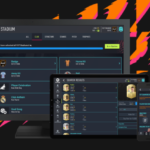
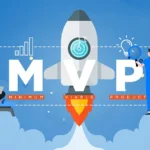
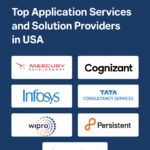


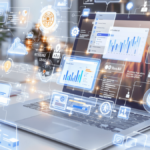


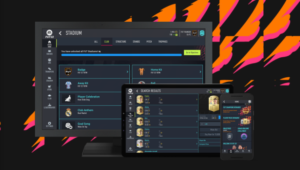
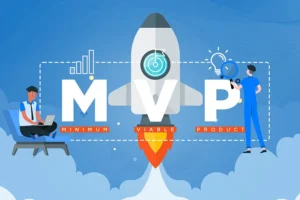
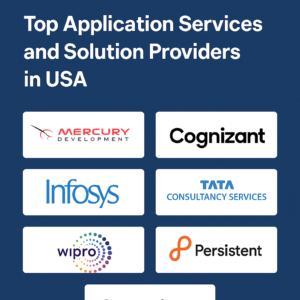

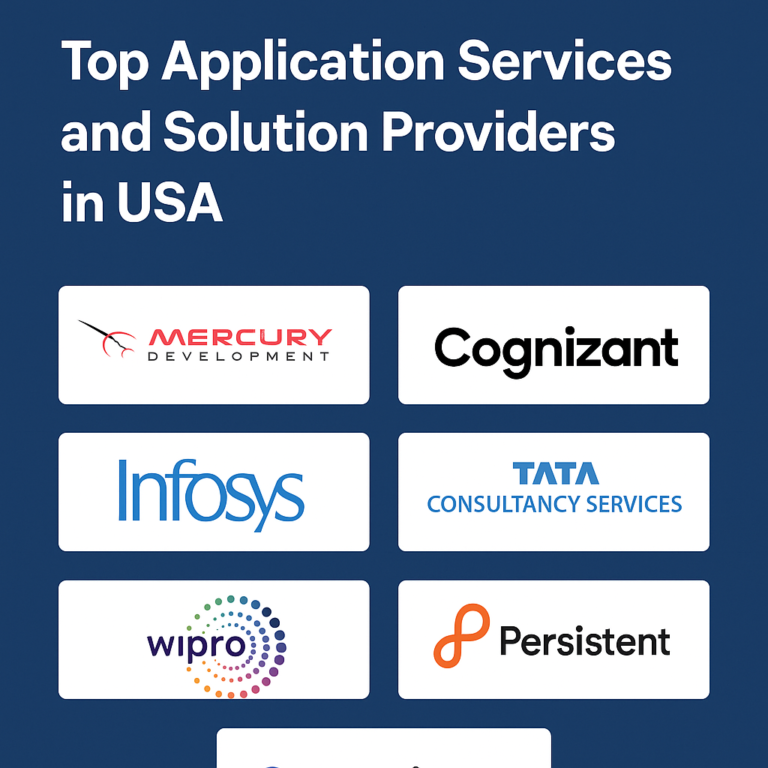

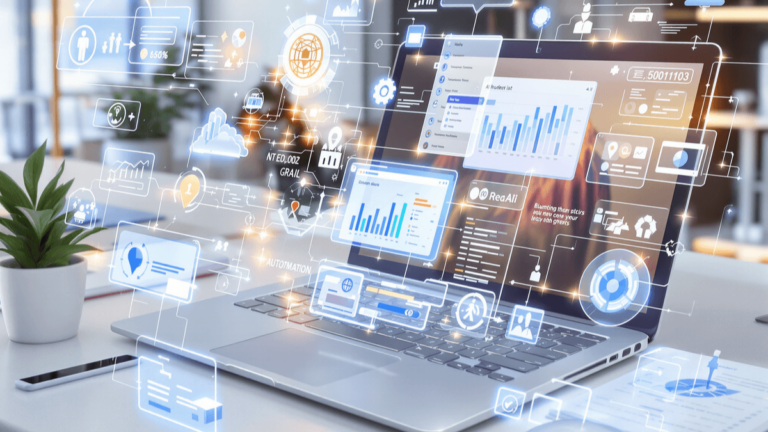

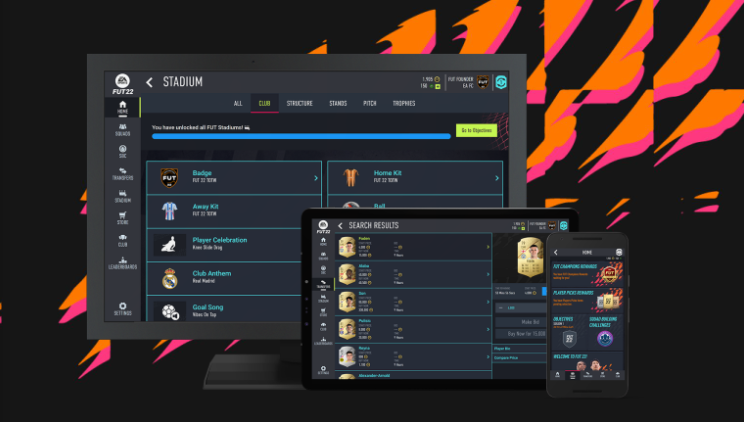
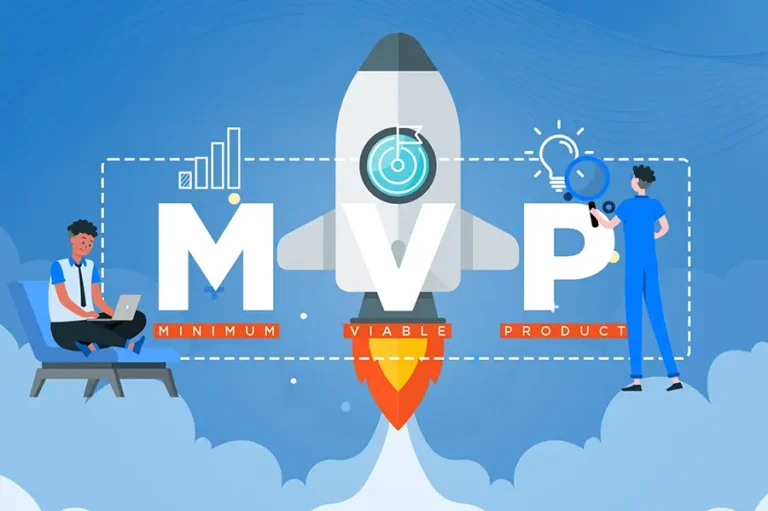


One thought on “The Role of Artificial Intelligence in Remote Software Engineering Jobs”
Comments are closed.